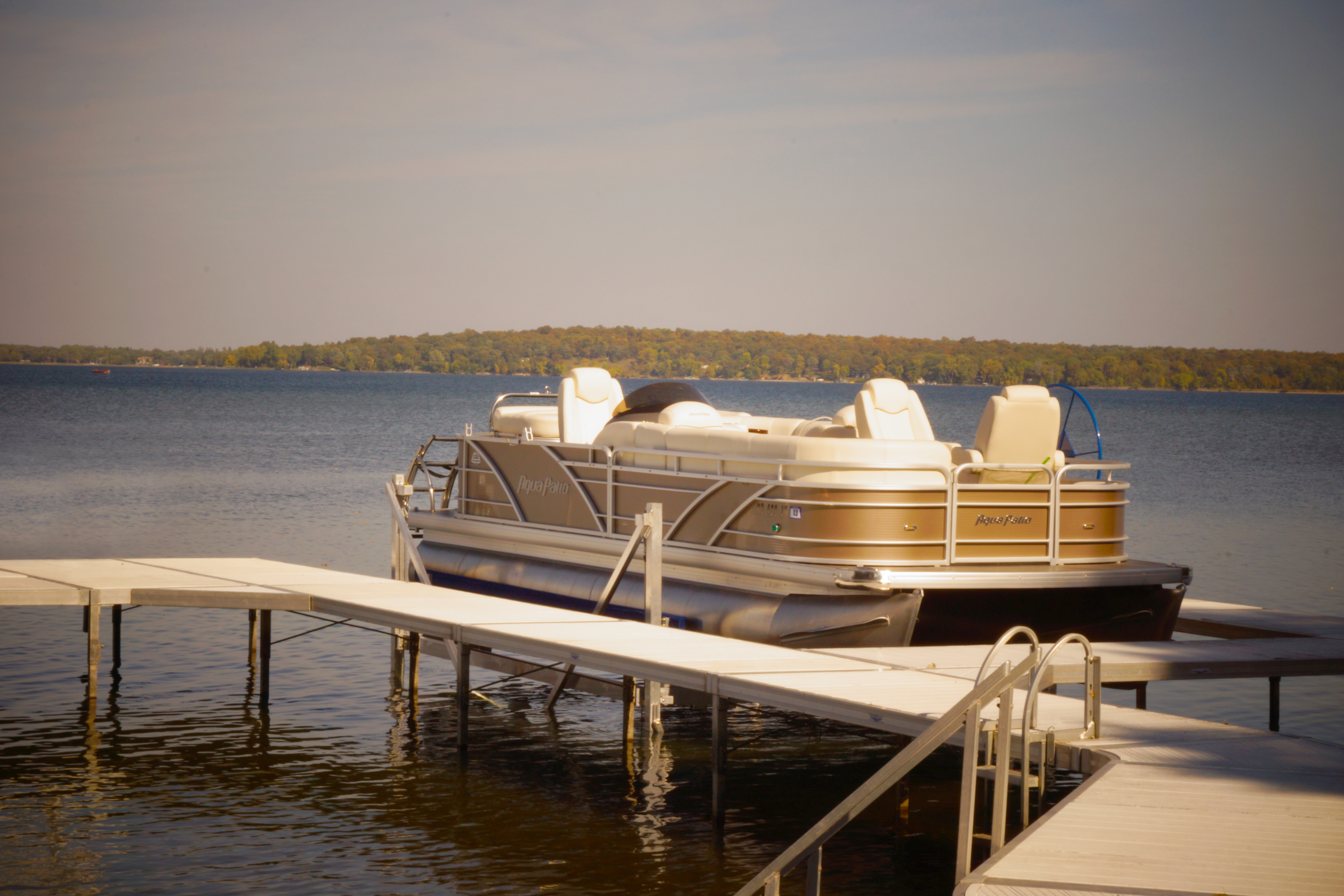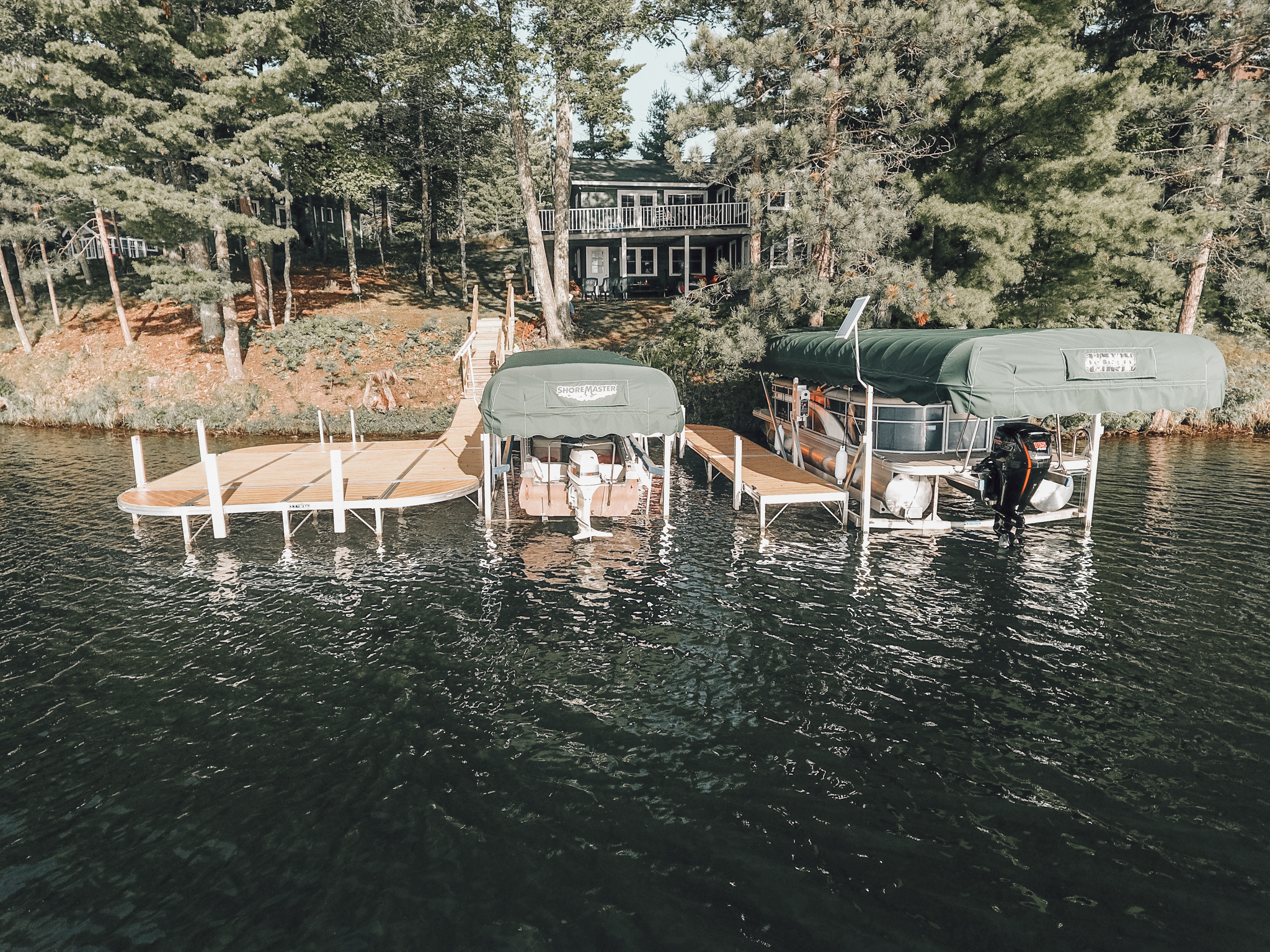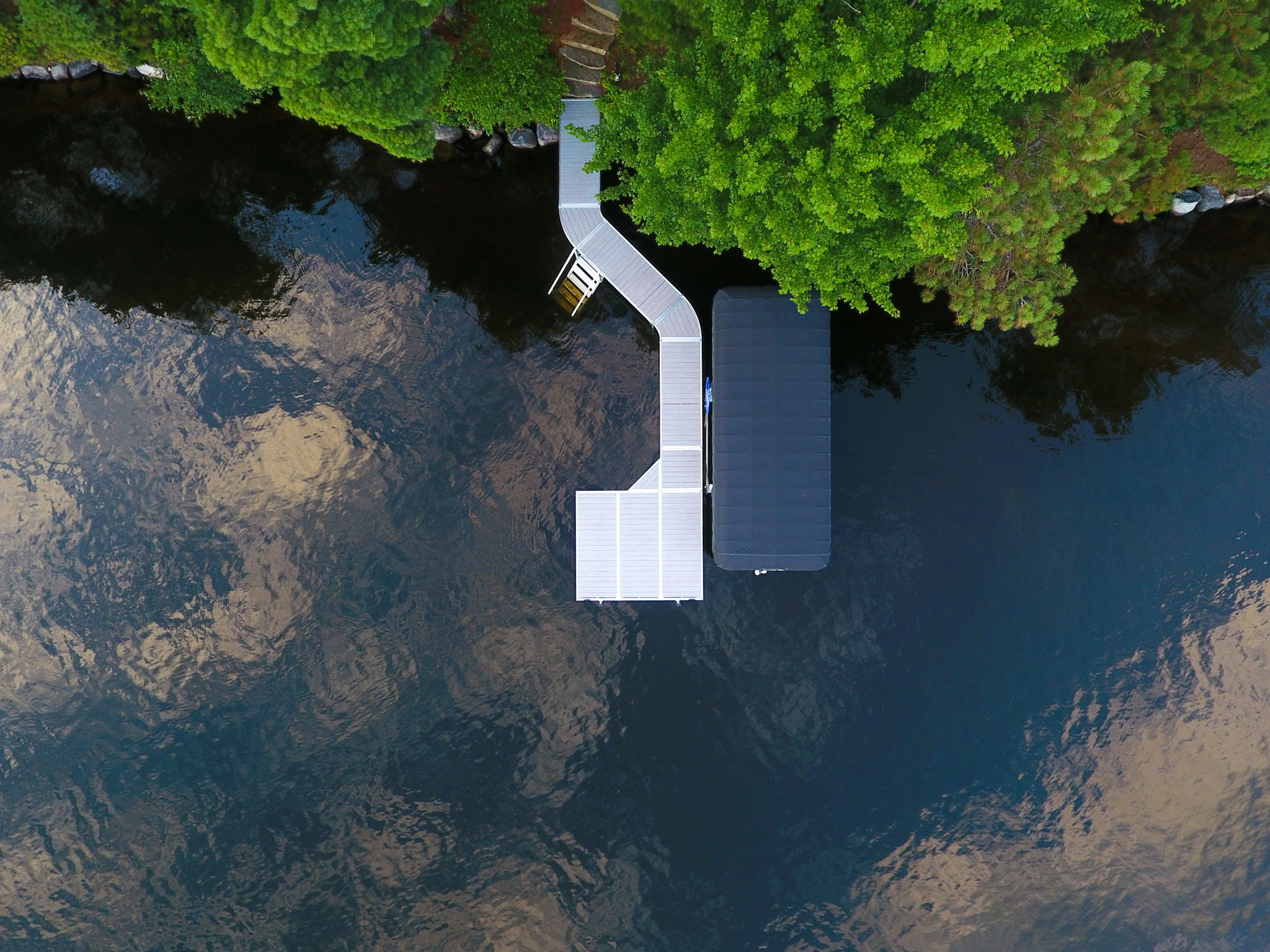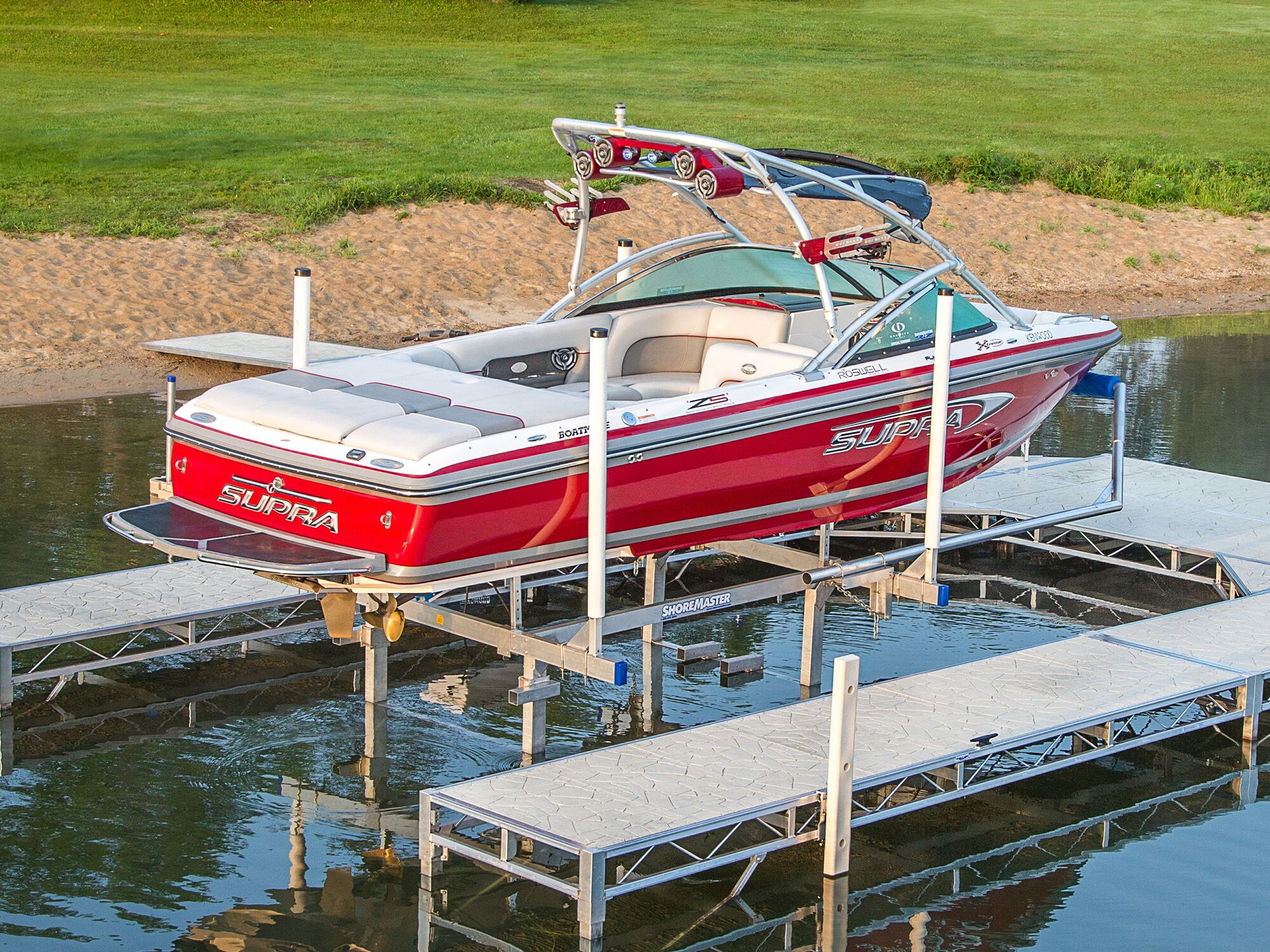Posted on September 1, 2022
Clean Boating Guide: Best Practices for Boaters
Written by ShoreMaster Marketing
Back in 2008, Congress passed the Clean Boating Act (CBA). It’s an amendment to the Clean Water Act that requires the Environmental Protection Agency (EPA) to identify discharges from recreational boats on the water and put in place reasonable and practicable management practices. The ultimate goal of the Act is to reduce water pollution from boats.
Protecting the environment isn’t as hard as it might seem for an individual. While you might feel that your impact is small, a few small steps and careful choices can keep the water just a little bit cleaner. When you’re out on the water, keep these clean boating tips in mind to ensure that you’re keeping the water clean.

Fueling
Keeping oil and gas out of the water starts at the fuel pump. Be careful when you’re refueling to avoid fuel spills. Also, remember that it’s illegal to discharge petroleum products into the water in the United States. If you have or see a spill that leaves a visible sheen on the water, report it to the U.S. Coast Guard National Response Center and your state authorities, if applicable. If you do find or have a spill, don’t use chemicals to disperse it—it’s illegal, for one thing, and these chemicals generally cause the petroleum in the spill to sink, which brings the danger to the bottom sediments and causes permanent damage.
Sewage Treatment
It’s gross, but proper treatment of sewage means better health for humans and waterways alike. It’s illegal to discharge untreated wastewater on inland waters, within three miles of shore, or in No Discharge Zones (NDZs). Before you set out, look up where your NDZs are, but do use onshore facilities wherever you can. Human waste should only be disposed of in porta-potties, composting heads, or an installed toilet on your boat with the legally required marine sanitation device.
Waste Management
For all other waste, recycle what you can and properly trash the rest—that means nothing goes overboard. Marine recycling includes paper, metal, and glass, and many marine products that would otherwise take up space in landfills. Any hazardous materials that can’t go into recycling or a landfill need to be disposed of properly. Keep containers on your boat and dock for all of your recycling and waste, and keep everything tied down so that the containers don’t blow over. If you want to take your cleanup commitment one step further, look for local cleanup events you can access by boat to spend a rewarding day out on the water.
Boat Cleaning and Maintenance
A well-maintained boat is good for your wallet and good for the water. If you don’t already have a comprehensive boat maintenance checklist, put one together and use it regularly. Changing your engine oil and checking your fluid levels will keep your boat running smoothly and help keep pollution out of the water. As part of your maintenance checklist, check for leaks from your steering cables, drips from oil changes, or fuel from leaky fittings: even a well-maintained engine can leak contaminants into the bilge. Change all fluids carefully and properly dispose of used filters, oil, absorbent pads, and rags. When cleaning your boat, avoid soaps and harsh cleaners if you can help it. Save your heavy-duty pressure washing for designated wash-down areas to avoid spreading contaminants and invasive species into other waters.
Protecting Your Ecosystem
There’s an entire world underneath the waves that needs to be protected. If you’re an angler, that means keeping only what you plan to eat and releasing the rest as carefully and quickly as possible to keep the local ecosystem in balance. Tackle that’s heavy enough to land a fish quickly and safer for catch and release is ideal. If there is visible mud, plants, fish, or animals on your equipment, clean them off carefully and give your boat a few days to completely dry after cleaning. Dispose of unwanted bait, fish parts, worms, and packing materials in the trash rather than in the water.
Your Waterfront Partners at ShoreMaster
We’ve been in the boating business for decades, and we plan to be here for many decades to come. This requires that we all do our part to keep the waters clean for future generations to enjoy. If you have questions about our boat lifts, boat docks, or boat dock accessories that work best with your unique waterfront, get in touch with a local ShoreMaster dealer.



